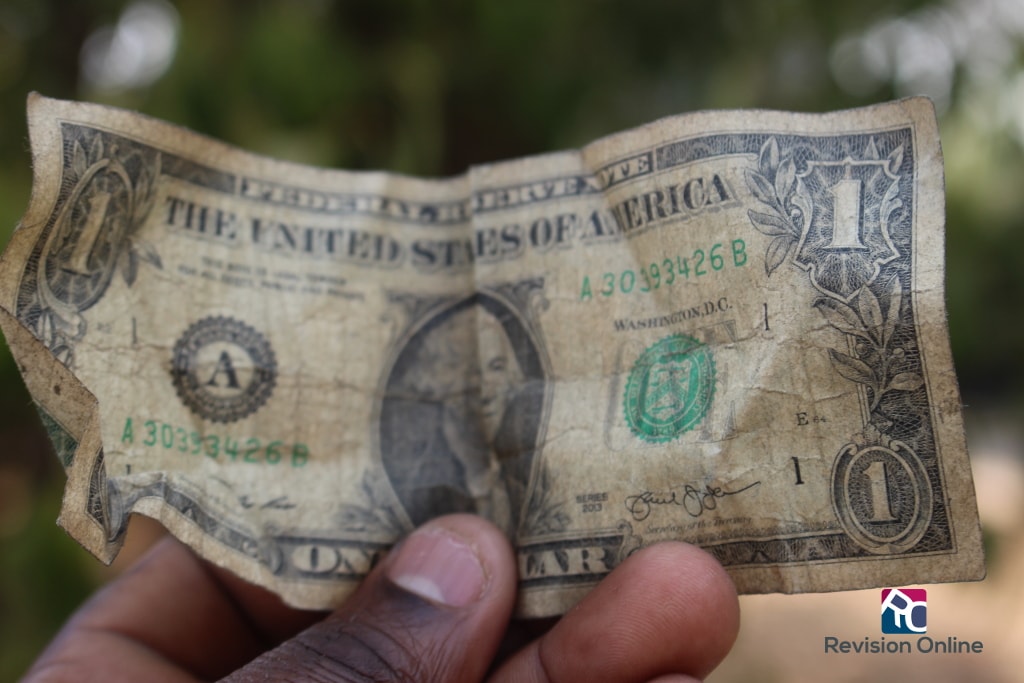ZIMSEC O Level Principles of Accounts Notes: Source Documents: The petty Cash Book
- As a business grows it is customary to have a Petty Cash Book and a Cash Book
- In large businesses if all small transactions were to be recorded in the in the Cash Book it would become unwieldy
- Imagine the example of a retail giant such as OK Supermarkets
- The chain likely experiences thousands of small cash transactions per day across each branch
- If all these were to be recorded in the Cash Book they would only serve to obscure the really important (material) transactions which would become hidden in a mass of small transactions
- Another thing to consider is the fact that most if not all cash receipts by these large businesses are banked daily
- The proper way to treat a cash received that is banked on the same day is to omit the cash nature of the transaction and record it as a bank deposit instead
- Thus for such businesses all the small receipts are collated and recorded as one large deposit
- The little individual entries that generated the cash receipts may be recorded in a book called the bank cash book
- The bank cash book simply lists the origin of the cash and amount that was banked
- There remains however the problem of how to deal with small cash payments
- Most large businesses make use of a Petty Cash Book
- A petty cash book is used to record all small(petty) cash payments that take place within the business
- It is entirely up to each business to decide exactily what constitutes a petty cash payment
- For a small retail trader all transactions of $10 and below might be seen as petty cash transactions while for a large bank such as J P Morgan all transactions below $10 000 might be seen as petty cash transactions
- The distinction is decided by the business in question
- The Petty Cash Book is a book original entry and a ledger account just like the Cash Book
- In a normal organisation there is a Cashier (Clerk) in Charge of Cash and the Cash Book
- Under the Cashier there may be Petty Cashiers who are responsible for Petty Cash and each Petty Cash Book
- For example there might be a Petty Cashier in each organisation’s departments and a Cashier in the main Finance Department
- A Petty Cash Book records petty payments made in each department by the petty cashiers
- There are three main advantages of using a Petty Cash Book:
- Division of Labour frees up the main Cashier
- Less transactions are entered in the main Cash Book making it less cluttered with only monthly totals transferred to the General Ledger
- Easier to verify and authenticate even the smallest transactions to prevent fraud and misappropriation of funds:
- When a petty cashier makes a payment to someone, then that person will have to fill in a
voucher showing exactly what the payment was for. - They usually have to attach bills, e.g. for petrol, to the petty cash voucher
- They would sign the voucher to certify that their expenses had
been received from the petty cashier - This is easier if the cashier is familiar with the department and person making the payment request
- When a petty cashier makes a payment to someone, then that person will have to fill in a
- Cash is to make these payments is disbursed to the Petty Cashiers using the imprest system
- To learn more about the imprest system click here
- Most Petty Cash Book are also analytical
- To learn more about the Analytical Cash Book click here
To access more topics go to the Principles of Accounts Notes.



